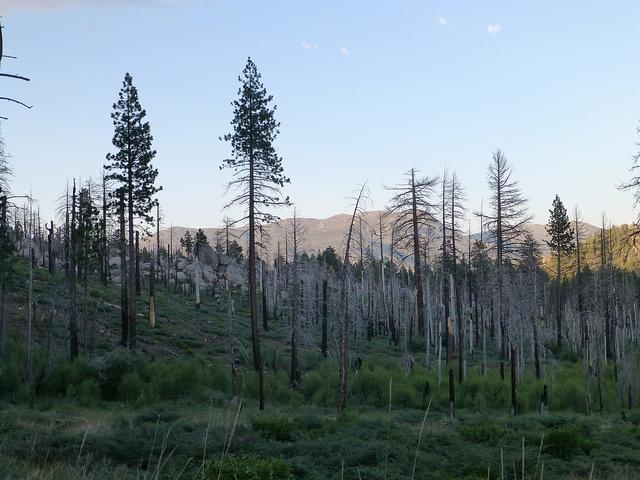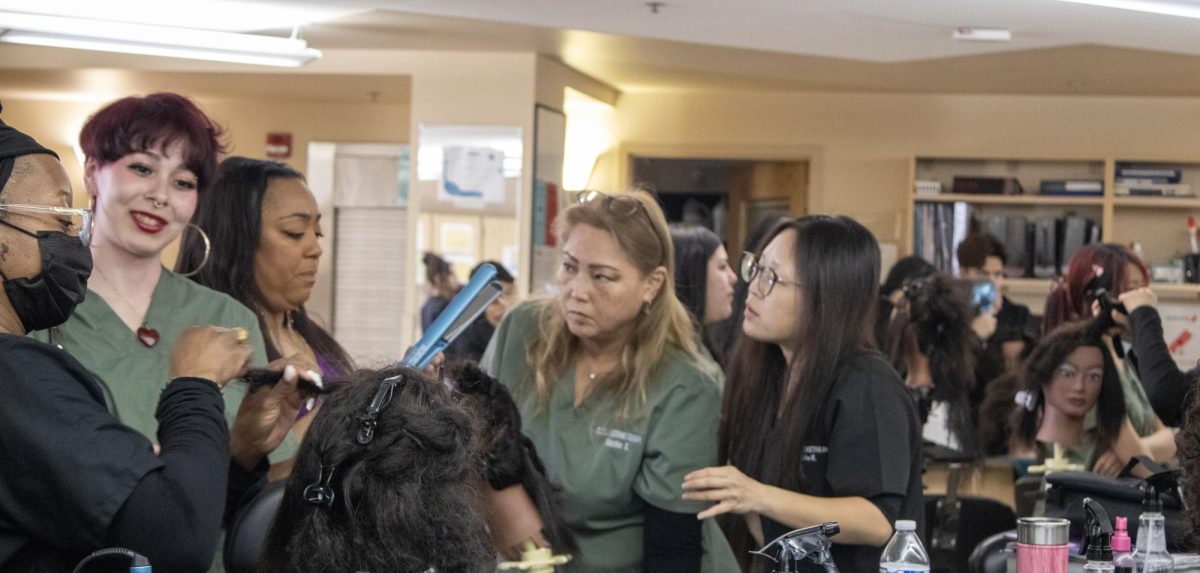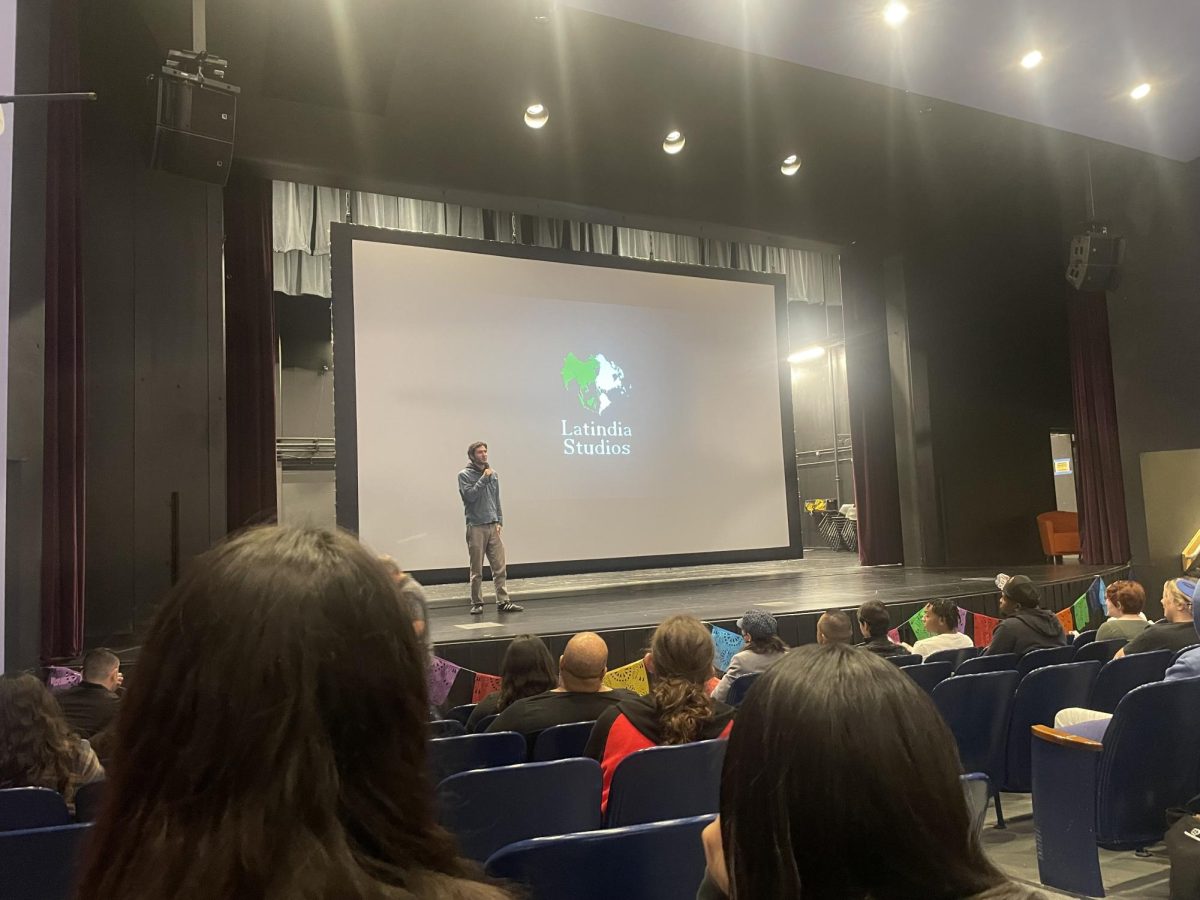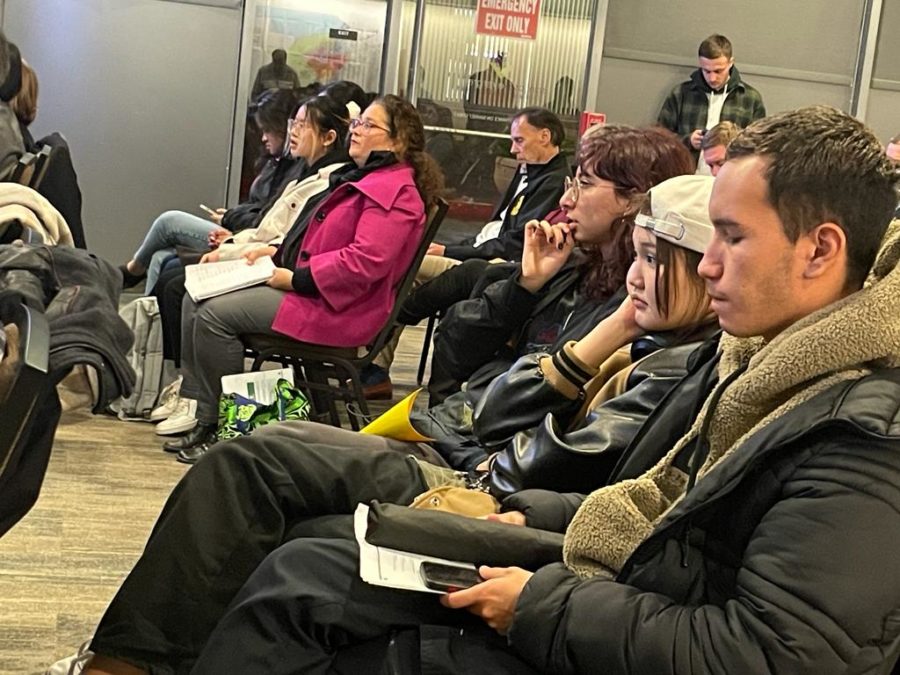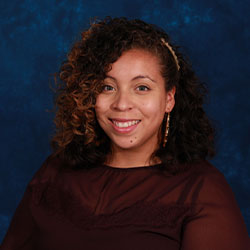Conference hosts activists of all ages trying to make an impact
SAN RAFAEL — Environmentalists from across the country shared their solutions for environmental and social problems at a three-day conference at the Marin Center Oct. 18-20.
“The future of mankind depends on a new economic and environmental paradigm,” said Tom Goldtooth, executive director of the Indigenous Environmental Network.
The 24th annual National Bioneers Conference provided a nexus for researchers, celebrities, indigenous leaders, entrepreneurs and corporations, among others, to discuss the issues facing the global community and discover ways of shifting a destructive paradigm to a more restorative one. There was a general consensus youth involvement must be a key component of the solution.
Kyle Thierren, 23, investigative journalist and creator of the YouTube video series Surfing For Change, said he believes “tailoring your message to who your audience is, is the most important thing.”
“Our videos are for people who don’t consider themselves environmentalists,” Thierren said.
Thierren’s videos focus on action sports while highlighting global issues.
“If we use plastic bottles, the plastic goes in the ocean,” Thierren said. “It could very well end up in a different country, so I could be surfing in the same plastic bottles that I was using at home.”
The pro surfer said it is important to recognize the invisible impact of your simple, everyday decisions, but having widespread and all-inclusive institutional change is also necessary.
“A big thing will be changing the systems, incentive-based change, so it’s easier for people to get involved and change a habit,” Thierren said. “Working with companies who can create that kind of systemic change is really important.”
Billy Parish dropped out of Yale in 2002 to start organizations that could affect systemic change, the most recent of which is Mosaic, a marketplace for investing in sustainable technology for as little as $25.
Parish called the “period where you know something’s not quite right,” but don’t know how to make a difference, “the wilderness.” He said it’s important to break through the wilderness and “find your people.”
“The No. 1 thing that we found was blocking young people (from pursuing their passions and working to change the world) was that they didn’t know it was possible,” Parish said. “They didn’t have the self-confidence, in some cases, to think that they could do it, and they didn’t have the role models of people who had done it.”
Asa Needle, 18, said he had plenty of self-confidence and was making changes on a more local level working with his people, the Worcester Roots Project. The youth-run organization has detoxified 50 yards of soil contaminated with lead so far in Worcester, Mass.
“We’re interested in creating new models of how we can relate to each other economically, that aren’t based upon competition, that aren’t based upon exploitation, that aren’t based upon unlimited growth, that aren’t based upon destroying our planet,” Needle said, “that are based upon having triple bottom-line ethics, based upon not just looking at profits, but also looking at the social impacts and also looking at the environmental impact.”

